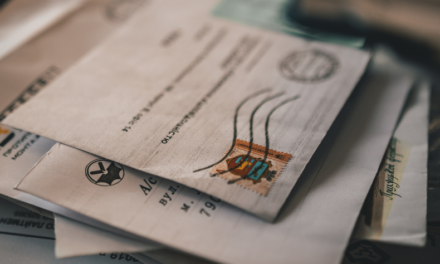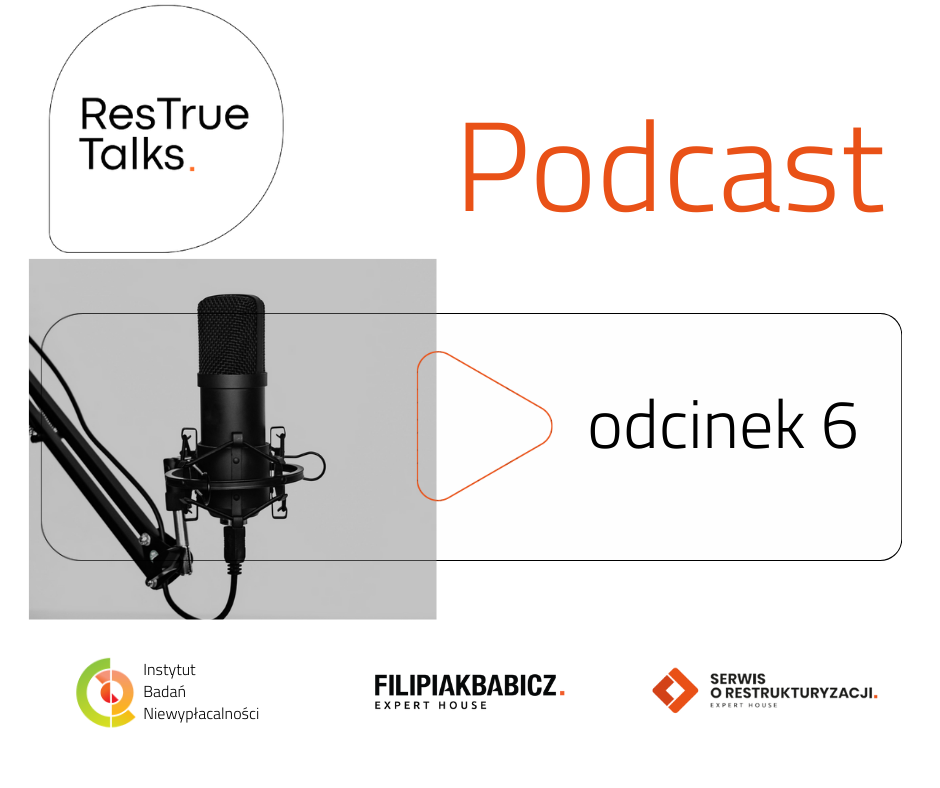
Repayment of state aid by the trustee

One of the cornerstones of the single market is that competition and intra-EU trade must not be distorted by state intervention. The general prohibition of State aid (Article 107 TFEU) ensures that this objective is achieved.
Prohibition on allocating aid through state resources
Any form of aid through State resources which distorts or is likely to distort competition by favouring certain undertakings or the production of certain goods shall be prohibited, in so far as it affects trade between Member States. The ban on granting state aid each time excludes the so-called de minimis aid or trivial aid. The European Commission may also approve certain aid measures in line with the objectives set. A standstill obligation has been imposed on Member States until the aid has been authorised by the Commission.
Competence to examine the compatibility of the aid granted with the EU internal market
The European Commission has the power to determine whether aid granted or planned is compatible with the EU internal market. If, after inviting interested parties to submit their comments and taking note thereof, the Commission finds that aid granted by a Member State or through State resources is not compatible with the internal market within the meaning of Article 107 TFEU or that such aid is being misused, it shall take a decision requiring the Member State concerned to reimburse or alter the aid received (Article 108(2) TFEU).
Method of recovery of unlawful aid
A decision of the European Commission ordering the recovery of public aid declared unlawful is enforceable in the manner provided for in the legal order of the Member State in which it is to be enforced. Therefore, Polish law comprehensively regulates the mode and manner of return of illegally granted public aid.
Recovery of unlawful aid in the event of the beneficiary becoming insolvent
How is the recovery obligation incumbent on the Member State to be implemented in the event of the bankruptcy of the beneficiary of such unlawful aid? First of all, it should be borne in mind that the insolvency authorities and other authorities of a Member State, including the judicial authorities, are bound by the Commission’s decision on the classification of State aid as unlawful and on the obligation to recover it. However, the procedure for the notification and recognition of a claim for the repayment of State aid that has been declared unlawful is carried out in accordance with national law.
In order for the Commission’s decision to be properly implemented with regard to insolvent entities, it is necessary to demonstrate accordingly: full recovery of the public support received, or the recognition on the list of State claims of repayment of unlawful State aid or the exhaustion of the means of redress against the refusal to include the beneficiary on the list and the subsequent total liquidation of the beneficiary, the assets of which must be sold according to market principles.
Inadmissibility of the insolvent beneficiary until recovery of the aid
It is unacceptable for a bankrupt beneficiary of unlawful State aid to engage in an economic activity until the aid received has been reimbursed in full, if the activity continues to distort competition. This approach is a clear consequence of the need to re-establish the situation that existed on the market prior to the granting of the aid. The immediate cessation of the distortive activities and the recovery of the aid are necessary to ensure a level playing field within the internal market. However, in the context of insolvency proceedings, it should be borne in mind that the activities carried out by a trustee or another body of bankruptcy proceedings are considered to be those of the beneficiary.
Sale of the undertaking of the bankrupt beneficiary before reimbursement of the aid
The sale of assets of a bankrupt beneficiary does not have to be fragmented. The sale of all or part of the business will not in itself run counter to the obligation to recover the unlawful aid and to eliminate the distortion of the market. However, a condition for the Commission’s decision to be deemed to have been implemented, unless the unlawful aid has been fully recovered, is that the assets are sold at market conditions. It would be contrary to the Commission’s decision to order the recovery of the aid if the aid was not transferred on market terms for any other use made of the original beneficiary’s assets through unlawful State aid. In such a situation, the purchaser would also be liable for the recovery of the unlawful aid. However, it is considered that the continuation of the public tender procedure in the bankruptcy proceedings guarantees that the market price is obtained, i.e. that it is appropriate to the situation of the company concerned by the bankruptcy proceedings. Therefore, buyers of such assets from the receiver do not have to fear that they will be held liable for the repayment of the aid received by the bankrupt.













